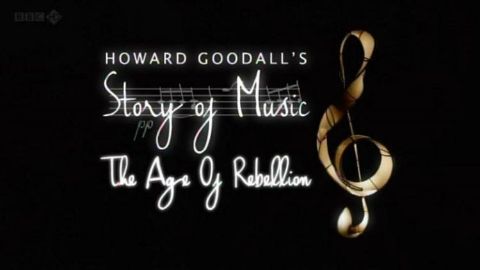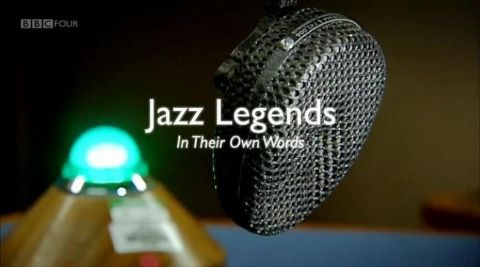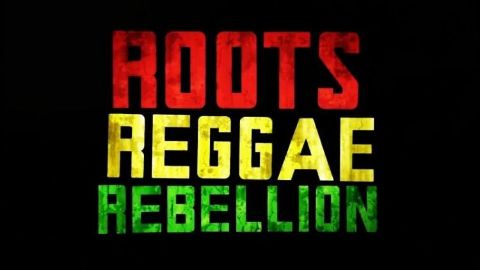You might also like
Suzy Klein reaches the 1930s, when the totalitarian dictators sought to use and abuse music for ideological ends. Suzy looks at the lives of Richard Strauss, Dmitri Shostakovich and Sergei Prokofiev, who produced some of the 20th-century's best-loved music whilst working for Hitler and Stalin. The political message of Peter and the Wolf is revealed as well as the secret code hidden in Shostakovich's quartets and Strauss's personal reasons for trying to please the Nazis. Suzy also uncovers why Hitler adored Wagner but banned Mendelssohn's Wedding March; how Stalin used music to subtly infiltrate minds; and why Carl Orff's Carmina Burana, a Nazi favourite, appeals to our most primitive senses. Suzy also raises some intriguing questions: Can we pin meaning onto music? What are the moral responsibilities of artists? And did the violence and tyranny of those regimes leave an indelible stain on the music they produced?
S1E2 • Tunes for Tyrants • 2017 • Music
Like an actor's script, a sheet of music instructs a musician on what to play (the pitch) and when to play it (the rhythm). Sheet music may look complicated, but once you've gotten the hang of a few simple elements like notes, bars and clefs, you're ready to rock.
Howard Goodall examines the ways in which modernism and the birth of recorded sound in the late 19th century changed the way music was played, heard and distributed. He reveals how the works of Mussorgsky made a huge impression on European composers when aired at the 1889 Paris World Fair, and discusses how increasingly disparate musical influences were woven together to create groundbreaking new sounds.
S1E5 • Howard Goodall's Story of Music • 2013 • Music
Behind-the-scenes archive documentary following Queen's Freddie Mercury, Brian May, Roger Taylor and John Deacon as they record their sixth album News of the World and embark on a groundbreaking tour of North America. By 1977, Queen had become a major headlining act in the UK, releasing chart-topping albums and singles as well as playing sell-out concerts in all the country's major venues. However, they were facing an increasingly hostile music press, who had a new favourite in punk and had turned against the elaborate, multi-layered recording techniques that had become the hallmark of the band's previous albums. But an unfazed Queen had their sights set on greater things. As the band announced plans to record their next album, the expectation was it would be another production extravaganza, but Freddie, Brian, Roger and John already had other ideas. News of the World showcased them at their most raw, simple and best, returning to their roots as a live act. With a self-imposed limit on studio time and produced entirely on their own for the first time, this stripped-back album took the fans and press by surprise and demonstrated Queen's ability to transcend fashions. It was to prove a seminal moment in the band's history. At the time, BBC music presenter Bob Harris was given exclusive and extensive access to the band to cover this period. Conducting insightful interviews with all four band members as well as filming them at work in the studio as they were planning and rehearsing their forthcoming North American tour, and then following them as they performed across the US, Bob captured a band attempting to replicate their huge domestic success on the global stage. Curiously, the documentary he set out to make was never completed, and the footage lay unused in the archive until now. To mark the 40th anniversary of the release of the News of the World album, the footage has now been carefully restored and revisited to compile this hour-long portrait of a group setting out to take the next step on their remarkable journey to becoming one of the biggest bands on the planet. Armed with an array of new songs, including the monster hits We Will Rock You and We Are the Champions, Queen dazzled the American audience and laid the foundations of a relationship that endures to this very day. Coming full circle, this film is bookended by footage shot in the summer of 2017 as Brian May and Roger Taylor took Queen back to the US with Adam Lambert as lead singer. Revisiting many of the cities they had performed in 40 years previously and including many of the songs from that 1977 album, they prove that despite the tragic loss of Freddie Mercury over 25 years ago, Queen can still rock the world.
2017 • Music
A journey into the BBC archives unearthing glorious performances and candid interviews from the golden age of jazz. Featuring some of the greatest names in American music, including the godfather of New Orleans jazz Louis Armstrong, the King of Swing Count Basie, Duke Ellington, Oscar Peterson, Dizzy Gillespie and Ella Fitzgerald. Broadcasted as part of the Old Masters, Rising Stars: Jazz On BBC Four season, this film unlocks the BBC archives to explore the words and music of some of the greatest names in jazz. The BBC soon moved on from Lord Reith's proclamation, made in the 1930s, that jazz was "a filthy product of modernity", and invited some of the legends from the golden age of American jazz to perform and talk on British television. This film is a series of revealing portraits, from Louis Armstrong, jazz's first great soloist and global ambassador, to Duke Ellington, the ever-suave bandleader and composer who brought a new sophistication and ambition to the music. Count Basie is sheer swing, Dizzy Gillespie provoked a musical revolution with bebop, and Ella Fitzgerald is just incomparable. Through long-forgotten archive and specially shot interviews, Jazz Legends In Their Own Words tells the story of an art form that has been called "America's gift to the world".
2014 • Music
In the 1970s, Jamaica came alive to the sounds of roots reggae. British rapper, poet and political commentator Akala tells the story of this golden period in the island's musical history, a time when a small group of musicians took songs of Rastafari, revolution and hope to the international stage.
2016 • Music





